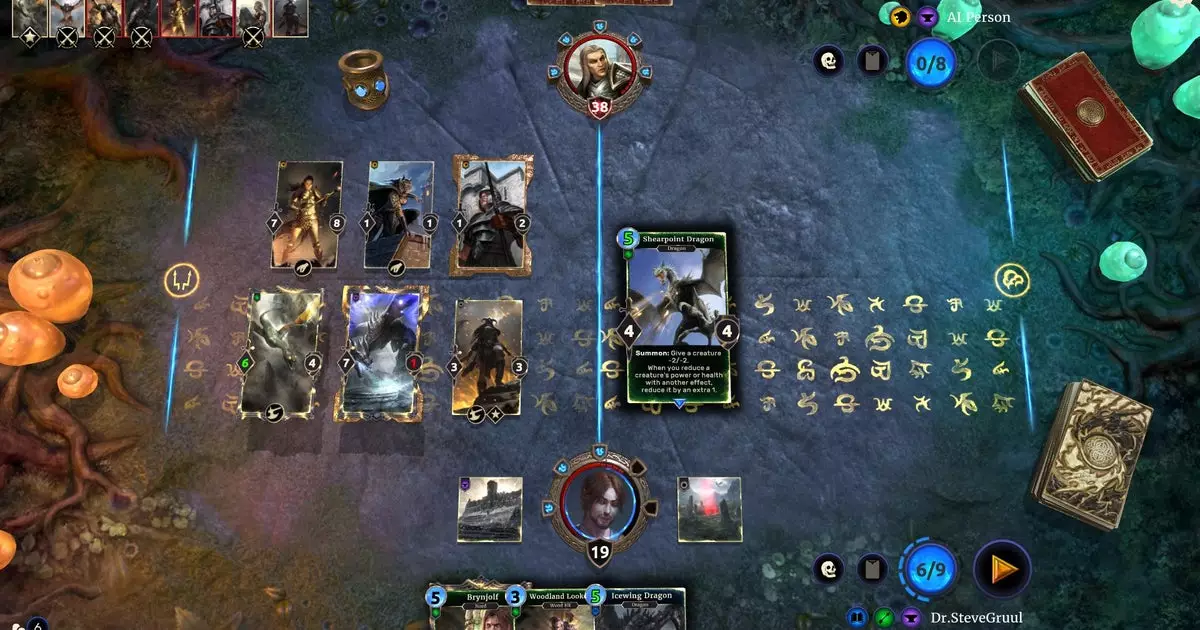The recent announcement regarding the closure of The Elder Scrolls: Legends has sent ripples through the community of fans and players who invested time and resources into this free-to-play card game. Set within the expansive universe of Bethesda’s Elder Scrolls franchise, the game will see its servers go offline on January 30th, 2025, leaving behind a legacy marred by a lack of ongoing support and updates. For many players, this marks the end of an era, as they bid farewell to the strategic card battles they enjoyed for years.
Despite launching to some initial excitement, The Elder Scrolls: Legends failed to sustain itself in a competitive market flooded with successful card games. Receiving its last significant update five years ago, the game’s development stagnated, which did little to keep the player base engaged. Although it was noted for its innovations, particularly the rune system that differentiated it from contemporaries like Hearthstone, the lack of any new content left loyal players feeling abandoned. The reality is that the gaming landscape is relentless, and without ongoing creativity and updates, even the most intriguing games can fade into obscurity.
The Diminishing Value of Live Services
The sunsetting of The Elder Scrolls: Legends highlights a profound issue in the realm of live service and free-to-play games: the concern of investment versus return. Timing and community engagement are crucial for the longevity of such titles, and when it becomes evident that a game is no longer financially viable, the consequences are often abrupt closures leaving players disenfranchised and frustrated. As announced on Steam, items are now priced at a paltry 1 gold, offering players a final opportunity to make use of in-game content before servers shut down entirely. It’s a bittersweet gesture that underlines a massive shift in how players perceive value.
The Implications for Gaming Culture
The rapid shutdown of games like Legends not only affects players but raises broader questions about the future of gaming culture itself. Are we comfortable with a society where vast amounts of creativity and hard work can be discarded so abruptly? This trend fosters a sense of unpredictability, with gamers often left feeling their commitment is ultimately futile. Other mediums, such as film or literature, often preserve past works, allowing for cultural dialogue and resurgence. This isn’t the case for many video games, which can vanish from existence almost overnight.
The closing of The Elder Scrolls: Legends serves as a stark reminder of the fleeting nature of digital experiences. While some players might fondly remember their time spent in this card game, others will reflect on the disappointment of unrealized potential in a genre that has proven to be immensely popular. As we move forward in gaming, perhaps the hope lies in advocating for better long-term strategies that value and sustain the hard work that game developers invest in their creations. Ultimately, preserving the artistic value of video games remains a challenge in a landscape driven by short-term success.

